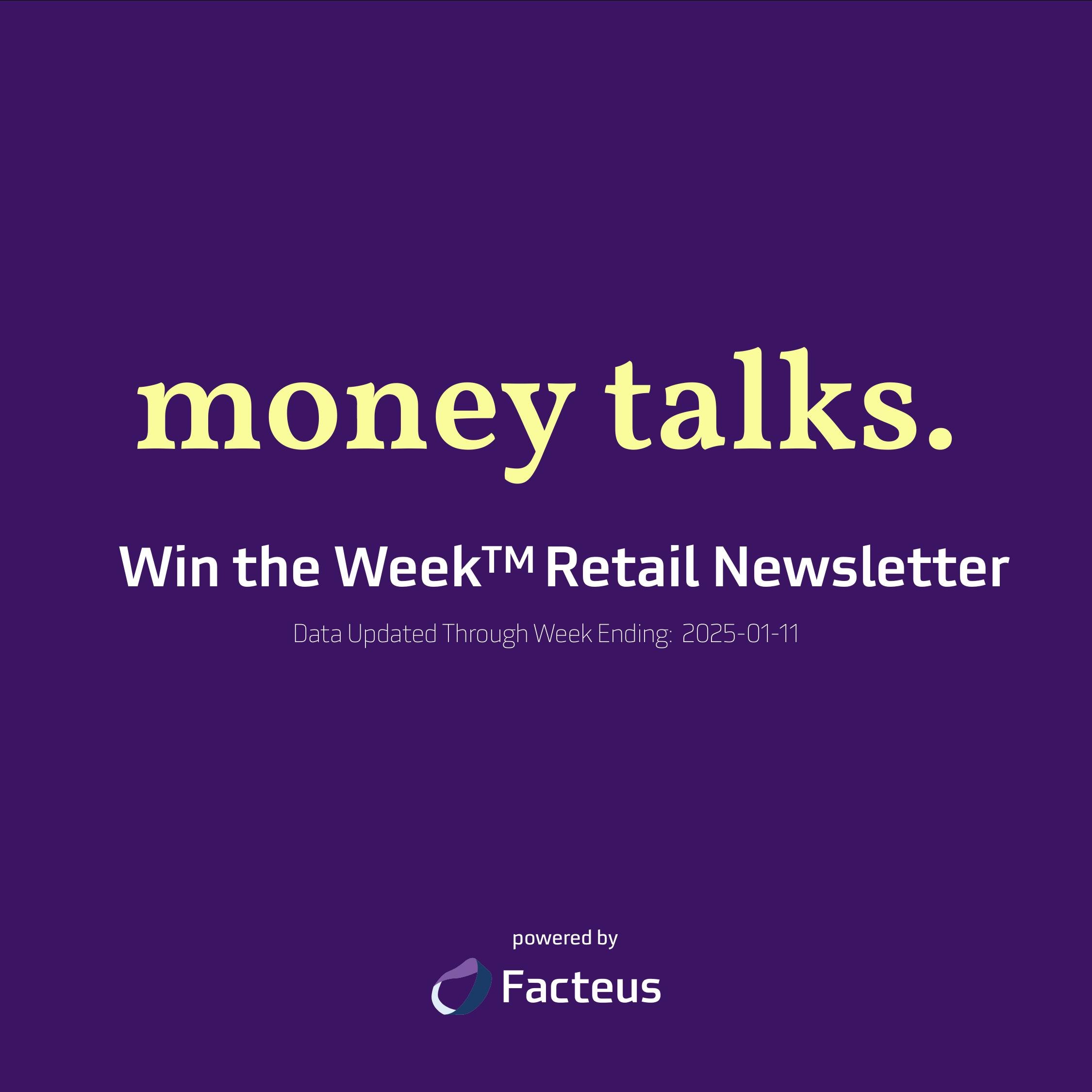The Refashioning of Retail with AI
AI in retail is ushering in a new era of shopping, advancing front-of-house interactions and behind-the-scenes logistics across nearly every sector. From apparel, beauty, and personal care products to home goods, automotive equipment, and beyond, AI is pushing the boundaries in incredible ways to enhance client interactions and customer service while better meeting retailers’ operational needs.
Custom Shopping Experiences Powered by AI
On-the-floor retail salespeople may soon be an artifact of the past, with AI stepping into those shoes to level up the shopping experience. In fact, AI on the retail floor — both in brick-and-mortar stores and e-commerce spaces — is making waves with innovations like (and not limited to) the following.
Personalized product selections
Analyzing previous items viewed, as well as past purchases, many retailers are using AI to curate products for their customers, creating totally unique recommendations and product feeds in a seamless interface.
Interactive customer experiences
Using augmented reality (AR) and virtual reality (VR), some retailers are leveraging AI to create hybrid digital-in-store experiences. With that, consumers can use apps and even in-store mirrors to virtually model different products and see realistic visuals of what those items would look like on them.
Visual product search tools
Offering a novel way to find items, AI-based search tools available with some retailers now let shoppers search with images, including photos they’ve snapped on their smartphones.
While many bigger name retailers are already unleashing these and other AI-powered advancements in their stores, online, and via apps, some small retailers are getting in on the action too, strategically using AI to try to level the playing field with major competitors and win more wallet share.
Autonomous Retail Stores Powered by AI
One key aspect of retail consumer experiences that’s shifting due to AI comes with the emergence of “autonomous stores.” These are physical retail locations without staff on the floor to help and support customers.
While autonomous stores may have employees who work part time, remotely, or behind the scenes, these contemporary retailers may feature shopping “tools” for consumers, like (but not limited to) AI-powered:
Shopping carts
Product cabinets and shelving
Check-out stations
Signage to guide consumers
In-store kiosks and virtual “assistants”
Amazon, Walmart, Aldi, 7-Eleven, and other powerhouse retailers have already rolled out some of these features in certain locations, testing other AI applications, as well, for future improvements.
Enhanced Retailer Forecasting Using AI
Supporting optimal customer experiences, AI in retail is also coming into play in strategic decision-making at various operational levels to refine and improve:
Ordering and inventories: AI tools can identify shopping trends to refine ordering for optimal inventory that rarely goes out of stock.
New product launches: Anticipating evolving consumer demand and preferences, AI is informing more successful product rollouts, letting retailers adapt their offerings with a level of precision and responsiveness that was previously unattainable.
New location planning: Identifying underserved areas where consumer demand for certain items is strong is another application of AI that’s fueling better ROIs and more predictable growth for retailers in several sectors.
Profit margins: Backed with more effective ways to understand and manage logistics, many retailers are also using AI to minimize returned merchandise, streamline operations, reduce unnecessary overhead, eliminate as much waste as possible, and create more enjoyable customer experiences. That combination of factors has fueled more profits for retailers who have successfully integrated AI into various aspects of their business.
AI in Retail: Just the Beginning
With broad uses across the retail industry, AI is still largely in its infancy, with new uses and refined applications still coming to light. While that could mean that AI has enormous power to turn the retail industry inside out, it also may result in far greater customer satisfaction and retail profits, serving as a win-win for retailers who effectively and responsibly embrace this technology.









